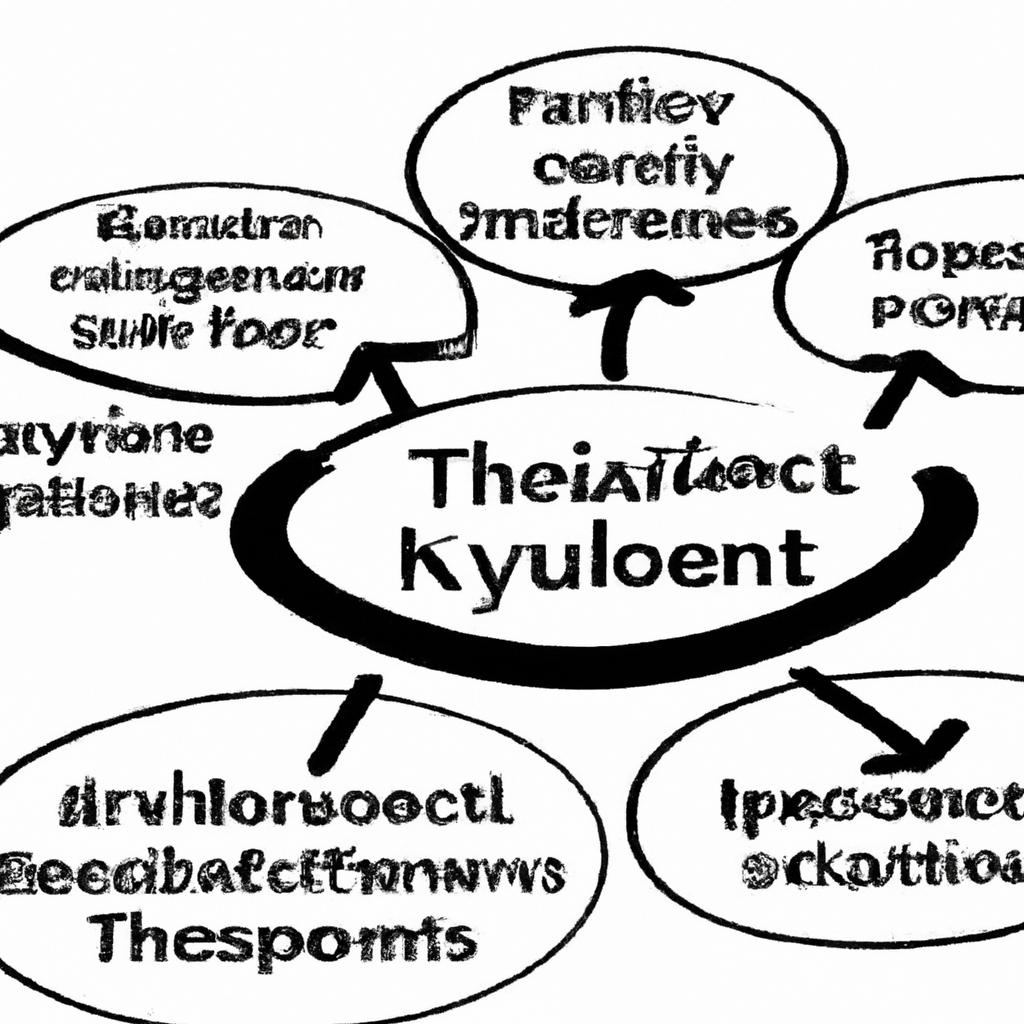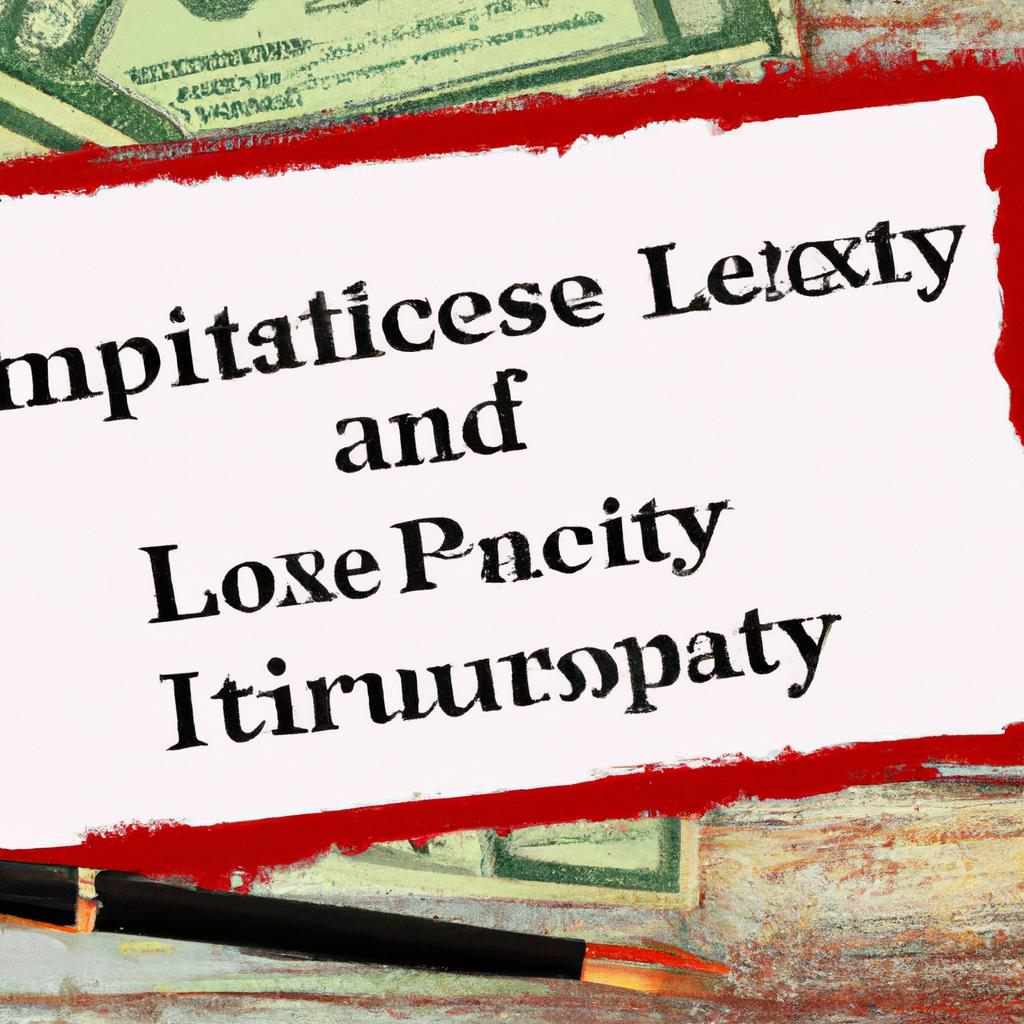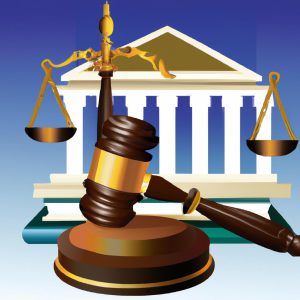As heirs eagerly await the distribution of their loved one’s estate, they may find themselves questioning the tax implications that come with inheriting assets. In the world of estate planning and probate, the question of whether beneficiaries have to pay taxes on an inheritance is a common concern. Understanding the intricacies of tax laws surrounding inheritances can be complex, but fear not, as we at Morgan Legal Group in New York City are here to guide you through the legal nuances of this topic. In this article, we will explore the rules and regulations surrounding inheritance taxes and provide clarity on who may be responsible for paying taxes on an inheritance.
Understanding the tax implications of inheriting assets
When it comes to inheriting assets, one of the most common questions that beneficiaries have is whether they will have to pay taxes on their inheritance. The answer is not a simple yes or no, as it depends on various factors such as the type of asset received and the value of the inheritance. Here are some key points to understand the tax implications of inheriting assets:
- Estate Tax: In most cases, beneficiaries do not have to pay taxes on the assets they inherit. The estate of the deceased person is responsible for paying any applicable estate taxes before the assets are distributed to the beneficiaries.
- Income Tax: While beneficiaries typically do not have to pay income tax on assets they inherit, they may be subject to income tax on any income generated by those assets. For example, if you inherit a rental property and receive rental income from it, you will have to pay income tax on that rental income.

Key factors influencing tax obligations for beneficiaries
When it comes to tax obligations for beneficiaries, there are several key factors that can influence the amount they may have to pay on an inheritance. One important factor to consider is the type of assets received by the beneficiary. Assets such as real estate, stocks, and savings accounts are subject to different tax rules, so it’s crucial to understand how each type of asset may impact your tax liability. Another factor to keep in mind is the value of the inheritance, as larger inheritances may result in higher tax obligations.
Additionally, the relationship between the beneficiary and the deceased individual can also play a role in determining tax obligations. For example, spouses who inherit assets may be entitled to certain tax exemptions that other beneficiaries may not qualify for. It’s essential to consult with a knowledgeable estate planning attorney to fully understand your tax obligations as a beneficiary and to ensure that you are taking advantage of any available tax-saving strategies. Remember, being proactive about your tax planning can help you minimize your tax liability and protect your inheritance for future generations.
| Asset Type | Tax Treatment |
|---|---|
| Real Estate | Subject to capital gains tax |
| Stocks | Taxed based on investment holding period |
| Savings Accounts | Interest income taxed as ordinary income |

Strategies to minimize tax liability on inherited property
When inheriting property, beneficiaries may be concerned about the tax implications. While beneficiaries typically do not have to pay taxes on the actual inheritance they receive, there are some strategies that can be utilized to minimize tax liability on inherited property:
- Step-up in basis: When inheriting property, the tax basis of the property is “stepped-up” to its fair market value at the time of the decedent’s death. This can help minimize capital gains taxes if the property is sold.
- Gift tax exemption: Utilizing the annual gift tax exemption can help reduce the overall value of the estate, potentially lowering estate taxes for beneficiaries.

Consulting with an estate planning attorney for personalized advice
When it comes to inheriting assets, beneficiaries often wonder about the tax implications involved. In most cases, beneficiaries do not have to pay taxes on the actual inheritance they receive. However, there are certain situations where taxes may apply. Consulting with an estate planning attorney can provide you with personalized advice tailored to your specific circumstances, ensuring that you understand your tax obligations and can make informed decisions regarding your inheritance.
One common scenario where taxes may come into play is if the estate is subject to estate tax. In some cases, beneficiaries may be responsible for paying estate taxes on the assets they inherit. Additionally, beneficiaries may also be required to pay income tax on certain types of inherited assets, such as retirement accounts or investment properties. By seeking guidance from an experienced estate planning attorney, you can navigate these complexities and develop a strategy to minimize tax liabilities, ultimately maximizing the value of your inheritance.
Q&A
Q: Do beneficiaries have to pay taxes on an inheritance?
A: When it comes to receiving an inheritance, the tax implications can be a bit confusing. In general, beneficiaries do not have to pay taxes on the value of the inheritance itself. However, there are some important exceptions to keep in mind.
Q: What are some situations in which beneficiaries might have to pay taxes on an inheritance?
A: Beneficiaries may be required to pay taxes on an inheritance if they receive income generated from the inherited assets, such as dividends, interest, or rental income. Additionally, if the estate is large enough, it may be subject to estate taxes, which could impact the amount that beneficiaries ultimately receive.
Q: Are there any ways for beneficiaries to minimize the tax impact of an inheritance?
A: One way for beneficiaries to minimize the tax impact of an inheritance is to take advantage of the step-up in basis that occurs when assets are inherited. This can help reduce the amount of capital gains taxes owed if the assets are sold. Additionally, working with a financial advisor or tax professional can help beneficiaries develop a plan to mitigate any potential tax liabilities.
Q: How can beneficiaries determine if they owe taxes on an inheritance?
A: It is important for beneficiaries to carefully review the details of the inheritance they receive and consult with a tax professional to determine if any taxes are owed. Each situation is unique, so it is best to seek personalized advice to ensure compliance with tax laws and regulations.
In Retrospect
In conclusion, understanding the tax implications of an inheritance can help beneficiaries navigate the often complex and emotional process of receiving a loved one’s assets. While in most cases beneficiaries do not have to pay taxes on their inheritance, it is important to consult with a tax professional or financial advisor to ensure compliance with all applicable laws and regulations. Remember, each situation is unique and may require a tailored approach. So, as you navigate this delicate topic, arm yourself with knowledge and seek guidance when needed. By doing so, you can make the most of your inheritance and honor the legacy of your loved one.












